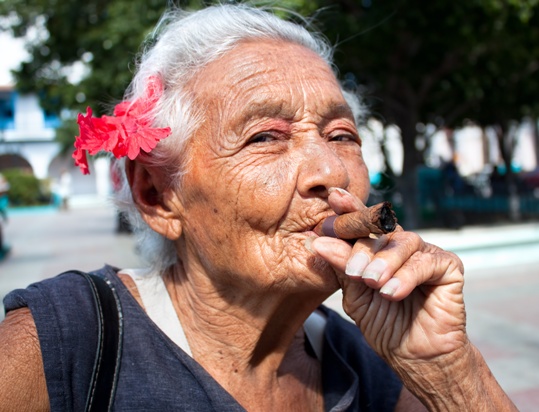Addiction
Addiction: Not Just a Problem for Young People
by Sara Stringer
When we think of addiction, we typically view it as a young person’s problem. And while it’s true that addiction is common in teens and young adults, this disease affects older individuals in staggering numbers. In fact, according to the National Institute of Health, substance abuse among the elderly is one of the fastest growing health problems in the country today.
With those statistics, it’s likely that many of us are faced with the addiction of a parent or grandparent, and we may be wondering how we can help. Keep reading to find out how.
Addiction Among the Elderly
Among older adults, the most common types of addiction include alcoholism and prescription drug abuse. Affecting about 17% of the elderly population, addiction to alcohol or prescription drugs is often associated with emergency room visits, hospital admissions and trips to psychiatric facilities. Other disturbing facts concerning substance abuse in the elderly include the following:
- 2.5 million older adults suffer from addiction to drugs or alcohol.
- Widowers age 75 and over have the highest rates of alcoholism in the nation.
- Elderly individuals are hospitalized as a result of substance abuse as often as they are for heart attacks.
- Nearly half of all nursing home residents suffer from alcoholism.
- Each year, nearly 17 million tranquilizer drugs are prescribed to elderly Americans.
As for the causes of addiction in the elderly, there are a variety of factors that contribute to substance abuse. For example, many older individuals use drugs or alcohol as a means of numbing feelings of loss or loneliness, as well as self-medicating the symptoms of depression, anxiety and mental illness. What’s more, since older individuals are prescribed drugs for valid physical and psychological ailments, addiction can occur through no fault of their own.
Recognizing Addiction in the Elderly
Since many of the signs of substance abuse can mimic the signs of getting older, identifying addiction can be difficult. However, when it comes to drug or alcohol abuse, the following signs are telling:
- Increasing worries about alcohol or drugs, including running out of prescription medications.
- Lying about, or hiding the evidence of, drinking or drug use.
- Withdrawal symptoms in the absence of drugs or alcohol. These can include shakiness or tremors, aches and pains, irritability, chills, insomnia, runny nose, nausea and vomiting.
- Complaints of physical ailments with no evidence of injury or illness.
- Unexplained bruises, repeated falls, black outs, etc.
- Signs of intoxication, including slurred speech, stumbling, smelling of alcohol, bloodshot eyes, etc.
- Irritability or discomfort when the topic of substance abuse is approached.
- Frequent trips to doctors with the intent of obtaining prescription drugs.
- Obtaining drugs illegally.
How You Can Help
If you spot the signs of addiction in an elderly friend or loved one, there are several ways you can help. For example, tips like the following can be beneficial in talking to your loved one about addiction, and suggesting the treatment they need to achieve sobriety, improve health and enhance quality of life:
- Discuss addiction and rehabilitation. Sit down with your elderly loved one and voice your concerns. Avoid pushiness or judgmental language, and offer your complete support in helping them beat substance abuse and addiction.
- Know your options. Since older adults have special needs, know your options regarding treatment. Before considering a particular facility, make sure your loved one will be safe and properly cared for throughout their recovery.
- Enlist help. When encouraging treatment to an elderly loved one, enlist the help of trusted friends and family members. If the older adult in question feels love and support from several people, they may be more likely to agree to treatment.
Addiction is a powerful disease that knows no age limits. And though many older individuals suffer its effects, the tips provided here can help you spot the signs of substance abuse, and get your loved one the treatment necessary to achieving and maintaining sobriety.
Sources:
http://www.michaelshouse.com/addiction-treatment/getting-family-member-rehab/
http://www.hazelden.org/web/public/ade60220.page
http://newoldage.blogs.nytimes.com/2013/04/29/a-rising-tide-of-mental-distress/
About the Author
Sara Stringer is freelance writer who enjoys writing about natural health alternatives. In her spare time, she enjoys maintaining an active lifestyle through swimming and practicing yoga.
Related: Medical Detox Program




